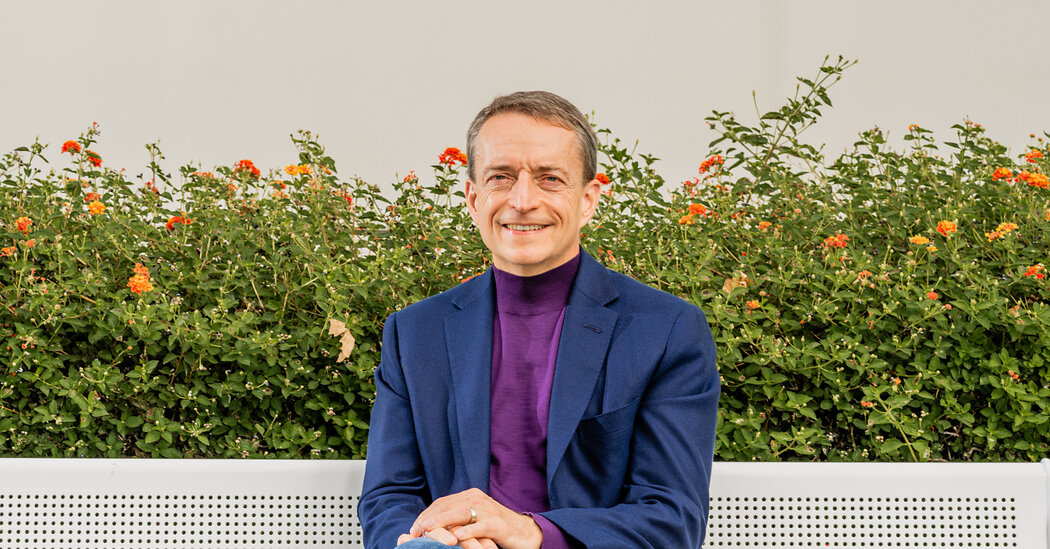Mr Gelsinger has argued that government subsidies are key to reconciling the cost of building factories with the cost of setting up factories in Asia. He has lobbied officials in the United States and Europe about parallel grant packages, including grants to set up chip factories, arguing that government support could determine how far and how quickly Intel expands in both regions.
At the same time, Mr. Gelsinger and other Intel officials have held talks with officials in at least seven countries in Europe about a potential new site. Intel now has factories in Ireland and Israel, in addition to Arizona, Oregon and New Mexico.
Germany seemed a strong contender, in part because of the concentration of automakers that have become key customers for chip makers. Mr Gelsinger spoke at an auto industry trade show in Munich in September, highlighting the driver assistance technology of Intel’s Mobileye unit and posting a fisting photo with Angela Merkel, the then chancellor.
The country is no stranger to chip manufacturing. An important production center is Dresden, where Infineon, GlobalFoundries and Bosch operate semiconductor factories. Magdeburg, in Saxony-Anhalt, is located about 150 miles northwest of Dresden and 100 miles west of Berlin.
How the supply chain crisis unfolded
The pandemic caused the problem. The highly complex and interconnected global supply chain is in turmoil. Much of the crisis has been traced to the Covid-19 outbreak, which led to an economic slowdown, mass layoffs and a shutdown of production. This is what happened next:
“Two Intel semiconductor plants in Magdeburg are an important and strong boost for the economy in difficult times, and a pivotal leap for Europe’s digital sovereignty,” said Robert Habeck, Germany’s Economy Minister.
In addition to the German factory, Intel said it would spend another €12 billion to double its manufacturing space in Leixlip, a town west of Dublin. In Italy, the company said it has entered into negotiations to build an advanced chip packaging and testing factory, with a potential investment of €4.5 billion and about 1,500 jobs.
In France, Intel said it would build a research and development center, creating 1,000 jobs, that will focus on high-performance computing areas. In Poland, the company is expanding its lab space.

